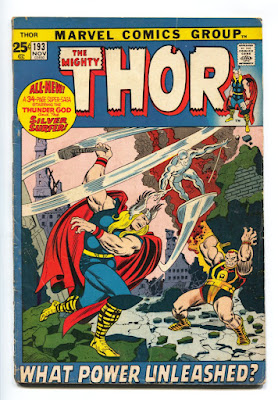Back in the glory days of blogging, sometimes I be so overstocked with ideas that I’d regularly put up portmanteau posts, of unrelated stuff that I didn’t have time to discuss at length, but I just wanted to nail down before they were gone. I don’t remember doing it for years and I’m not sure whether that’s because I’m just getting more jaded and/or less curious, or simply because there’s less interesting stuff going on.
But everything seems to be happening today (or maybe I’ve just roused myself from a long creative slumber). First, David Shrigley creates a new, very expensive edition of Nineteen Eighty-Four from pulped copies of The Da Vinci Code (which reminds me of the time I tried and failed to do a chapter-by-chapter blog about the bloody thing.) On the Today programme (go to 2:53 or so), Amol Rajan attempted to shoehorn in TS Eliot and the idea of placing an artist within a tradition, to which Shrigley offered the deadpan response, “I wouldn’t know, I went to art school.”
Then what looks to be a very poorly thought-out survey that claims to reveal that half of Britons can’t name a black British historical figure but neither offers any criteria for a “right” answer (Who is black? Who is historically significant? Does Stormzy count?) nor provides any context as to the respondents’ knowledge of history in general. Awkward.
This is followed by the news that the Beatles are finally releasing ‘Now and Then’ and touting it as their last song, despite the fact that it’s just another Lennon demo that’s been played around with by the others over the past few decades, as distinct from ‘Carnival of Light’, a genuine Beatles work from 1967 that remains under lock and key and will probably get the retrospective nod as their last last song to mark, I don’t know, Ringo’s 100th birthday.
And finally this, an interview with Ken Russell, apparently in an Oxford student magazine in 1966, and now I’m wondering why someone can’t just take this treatment and make the bloody film...








